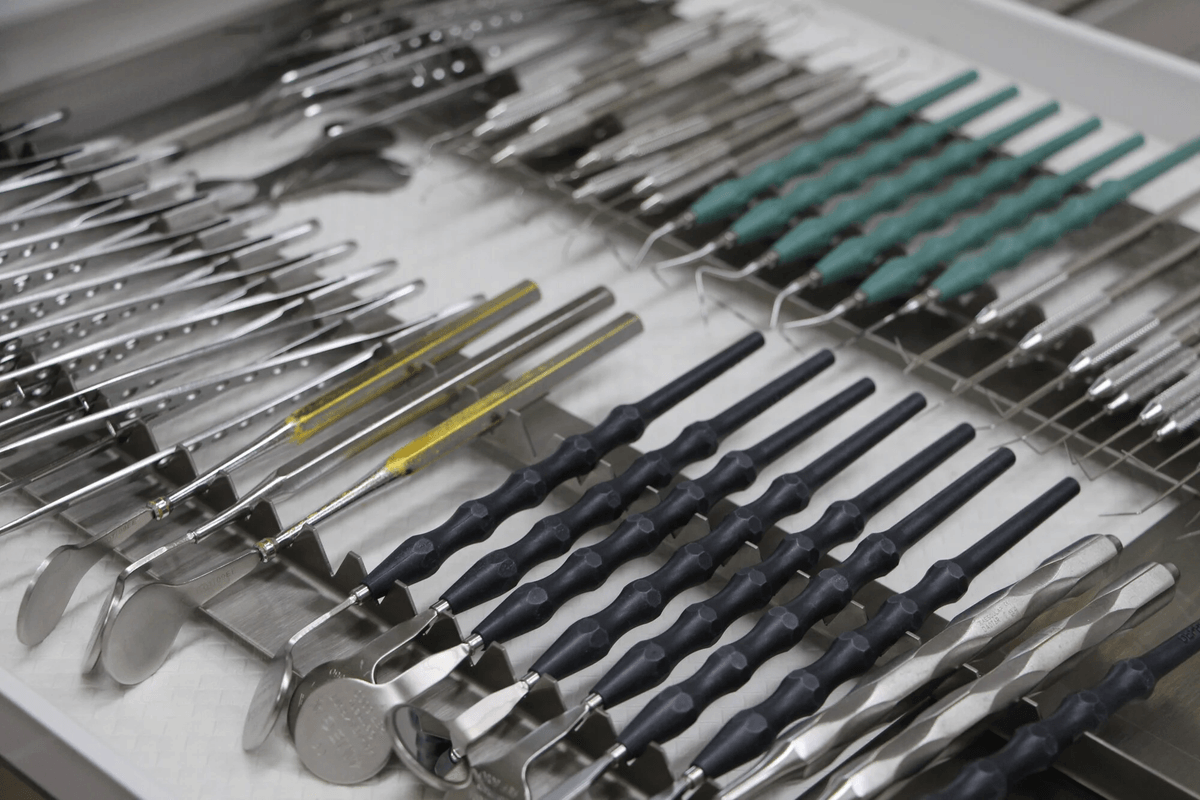
Geology, the science that studies the Earth, its structure, materials, processes, and history, is integral to a variety of scientific pursuits and practical applications, including resource management, environmental assessment, and evolutionary biology. For geologists, having the right tools and supplies is essential for conducting fieldwork, collecting samples, and conducting laboratory analyses. Understanding the essential geologist supplies can enhance both the efficiency and accuracy of geological research.
Basic Geological Tools
At the core of a geologist's toolkit are several fundamental instruments, each serving a unique purpose. The geological hammer, often equipped with a flat chisel side for breaking rocks, is utilized for collecting specimens and examining geological features. Additionally, rock chisels and hand lenses (also known as hand magnifiers) aid in closer inspections of mineral and rock formations. These tools enable geologists to collect data accurately and make immediate observations in the field. See more on geologist supplies here.
Another essential item is the field notebook. It serves as an invaluable resource for recording observations, sketches, and geological maps. Maintaining meticulous notes can help in future project analyses or publications, allowing researchers to track their findings over time. Furthermore, compasses and GPS devices are critical for navigation and orienting geological features on a map, ensuring that data is accurately recorded in relation to the surrounding environment.
Sample Collection Supplies
Geologists often need to collect rock, soil, and sediment samples for laboratory analysis. Sample bags, which are typically made from durable materials to protect the integrity of the specimens, are necessary for transporting collected materials. Labels and marking pens should also be part of a geologist's arsenal to ensure that samples are properly identified and organized, simplifying future studies.
In addition to bags, geologists may also use core drills to extract cylindrical samples from below the surface, offering a view into subterranean layers without extensive excavation. The use of water sampling bottles is essential for hydrological studies, allowing geologists to analyze water quality and contamination levels in various environments.
Safety Gear
While geological fieldwork can be exciting, it also poses numerous safety risks. As such, appropriate safety gear is a crucial aspect of geologist supplies. Personal protective equipment (PPE), including helmets, gloves, and sturdy footwear, is essential for protecting against falls and injuries while navigating rough terrain. Additionally, first aid kits should always be on hand to address any emergencies that may arise during fieldwork.
Depending on the environment, specialized gear like climbing harnesses for steep slopes or protective clothing for environments with toxic materials also becomes necessary. Awareness of the particular hazards associated with each field location is vital for ensuring a safe working environment.
Laboratory Equipment
Once samples are collected, geologists often need laboratory equipment to conduct further analysis. Common supplies include microscopes, spectrometers, and chromatography systems, among others. These instruments allow geologists to investigate the composition, crystal structures, and other properties of samples collected in the field. Appropriate laboratory supplies like beakers, centrifuges, and fume hoods are also essential for conducting chemical analyses and ensuring safety when working with potentially hazardous materials.
Conclusion
In conclusion, geological work requires a diverse range of tools and supplies to effectively study and analyze the Earth. From basic field tools like hammers and compasses to safety gear and sophisticated laboratory equipment, each item plays a critical role in ensuring that geologists can perform their work accurately and safely. As the field of geology continues to evolve with advancements in technology and research methods, staying current with available supplies is vital for conducting high-quality scientific investigation. Whether one is an aspiring geologist or an experienced professional, understanding and properly utilizing geological supplies is a foundational aspect of success in this fascinating discipline.